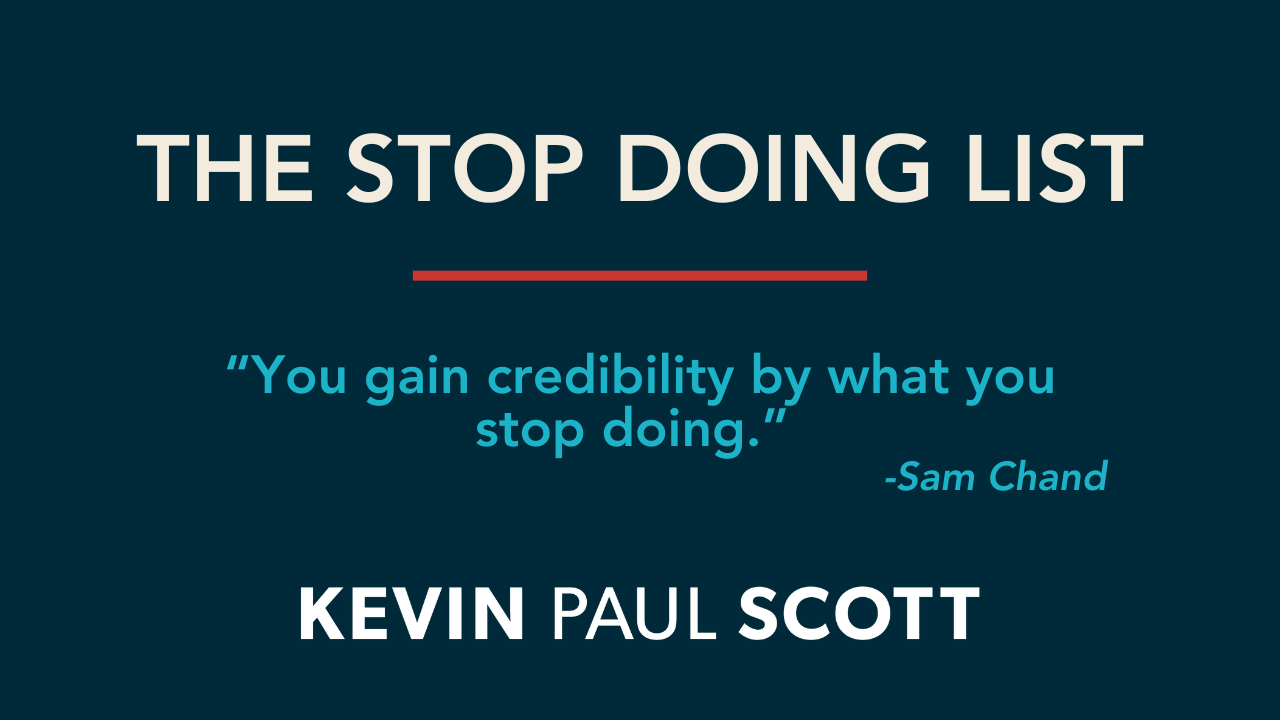For years, one of the biggest metrics of success for the U.S. economy has been homeownership. There are government programs and incentives that encourage homeownership, and the economy looks strongest when there is an increase in the number of people applying for mortgages and seeking to buy homes for the first time.
One of the reasons homeownership boosts the U.S. economy is the endowment effect. The endowment effect—originally named by economist Richard Thaler—is the belief that people attribute more value to the things they own.
Think about it. If you are renting an apartment temporarily, you feel differently about it than you would a place of your own that’s a long-term investment. Wouldn’t these feelings affect the way you treat your rented apartment? It would probably be different from the way you treat your own home.
Consider a different scenario. How many people have ever washed a rental car? Probably not many, unless they have some major accident or spill inside the vehicle. On the other hand, people who own cars wash them (how frequently depends on their personality) to keep them looking nice.
When we own things, we treat them differently. Let’s apply this fact beyond personal possessions to work and mission.
If you can help your employees think about your business as an owner would, they will be more bought into the vision and mission.
If you can help customers feel the heartbeat behind your concept, they will value your products and even feel ownership of your brand.
If you can help donors grasp their vital role in furthering the mission of your non-profit, they will take ownership of the mission and work harder to touch lives.
If you can help your students take ownership of their education, they will be more eager to learn and will place a higher value on their time in class.
The endowment effect is a strong strategy to cultivate passion and drive in the people around us. However, as we consider this ownership mentality, we must understand the risk involved.
Ownership is valuable until the point it makes us overvalue something.
In other words, ownership is only dangerous when we harbor too much pride in the things that we own. This includes our skills, our position, and our work.
For example, when a peer offers you feedback on a project, are you reluctant or unwilling to hear what they have to say? If so, you’re letting your pride in your work keep you from making it the best it could be. This happens frequently in established organizations that have been in operation for a long time. It may come in the form of a teacher who is unwilling to incorporate technology in the classroom because he has been successful without it for the last twenty-five years. It might also be the church members who are upset with the new service programs. The programs might be more helpful for guests, but it’s not the same as the ones they have grown up following.
This prideful ownership makes us resistant to input and blinds us from new opportunities to grow personally, professionally, and collectively.
Ultimately, an ownership mentality is something we should cultivate in our employees, clients, customers, volunteers, and church members. We are more passionate and eager to protect the things we own. But, we should all take heed of the pride that could come with overvaluing something.
This week, consider how you can cultivate an ownership mentality in the people that surround you.
At the same time, ask yourself if there is anything in your personal or professional life that you are overvaluing?
Balancing both is tough, but when we cultivate an ownership mentality and retain the humility to improve, grow, and develop, we place things in the proper perspective.

























.svg)




